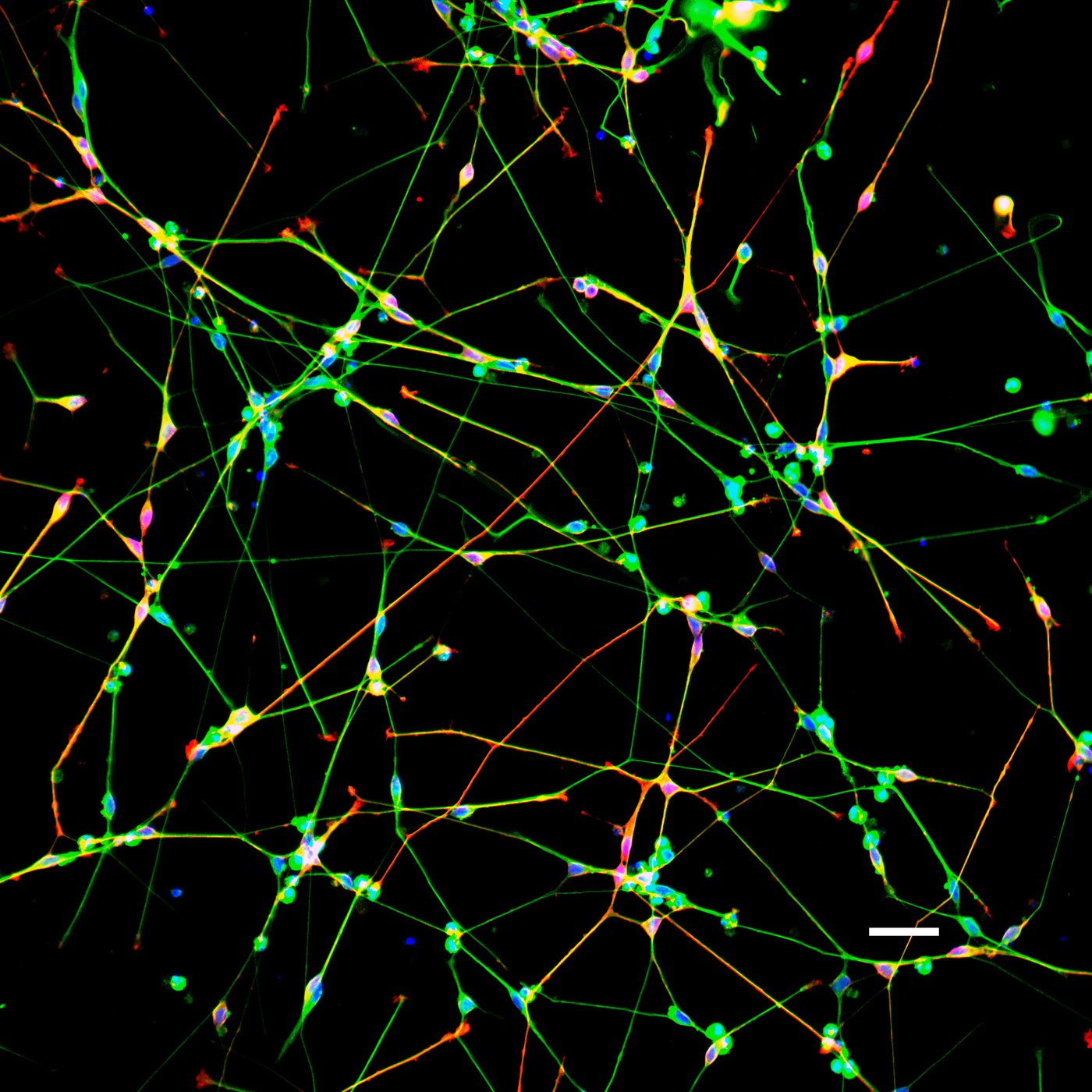
Dr. Tobias Reiff
In our laboratory, we aim to identify and describe pathways acting on stem cells controlling homeostasis and organ size of the adult Drosophila melanogaster intestine in physiology, but also in diseases like colorectal cancer. The flies’ intestine has a comparably simple tissue structure consisting of only four cell types. Intestinal stem cells (ISC) that divide either symmetrically to give rise to another ISC or asymmetrically to differentiate into an enteroendocrine cell (EE) or an epithelial enterocyte (EC).
To identify and trace stem cells and their derivatives in the adult intestine, we employ a new tracing method called ‘ReDDM’ (Repressible Dual Differential Marker) that can be combined with transgenic flies harboring e.g. constitutively active or mutant proteins driving ISC to become cancer stem cells and form colorectal cancer. Using this model, we aim to elucidate the role of hormone receptors under physiological and pathological conditions.